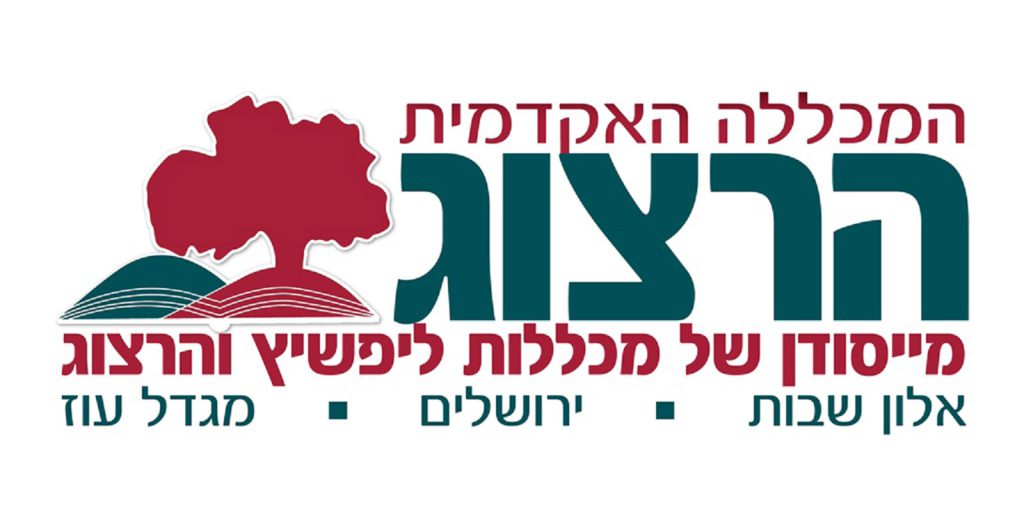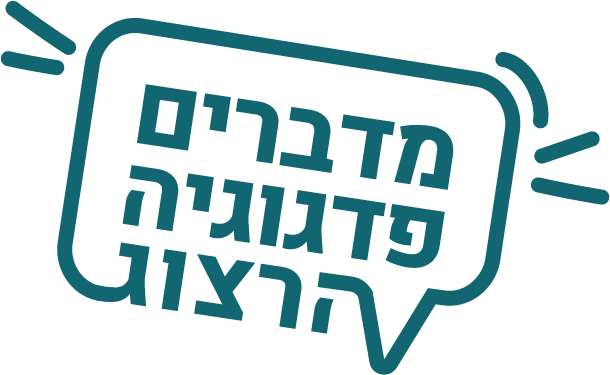In Parashat Ki Tavo, we read about the ceremony in which the tribes of Israel are divided between Mount Grizim and Mount Eval to declare blessings and curses. The Levi’im recite a series of curses, and after each one, all the people respond with "Amen." This repeated use of "Amen" signifies the people's acceptance of the terms of the covenant and their commitment to adhere to God's laws.
The word "Amen" is an interesting example of how religious language can become integrated into everyday speech. Over time, it has expanded beyond strictly religious contexts into colloquial English. People often use "Amen" to strongly agree with a statement, similar to saying "absolutely" or "I couldn't agree more." It's also used to add emphasis to a statement or wish, e.g., "Let's hope this project succeeds, amen to that!" Sometimes, it’s used to signal the end of a speech or statement, even in non-religious contexts.
There are two commonly used pronunciations for the word “Amen” in English:
- ah-MEN (/ɑːˈmɛn/) – This pronunciation is closer to the original Hebrew word and is commonly used in classical music performances.
- ay-MEN (/eɪˈmɛn/) – This is another widely used pronunciation.
When President Obama delivered a speech at the Daimler plant in North Carolina in 2012, he enjoyed the introduction by an employee so much that he quipped the introduction was “spirited,” adding, “Can I get an Amen?”


